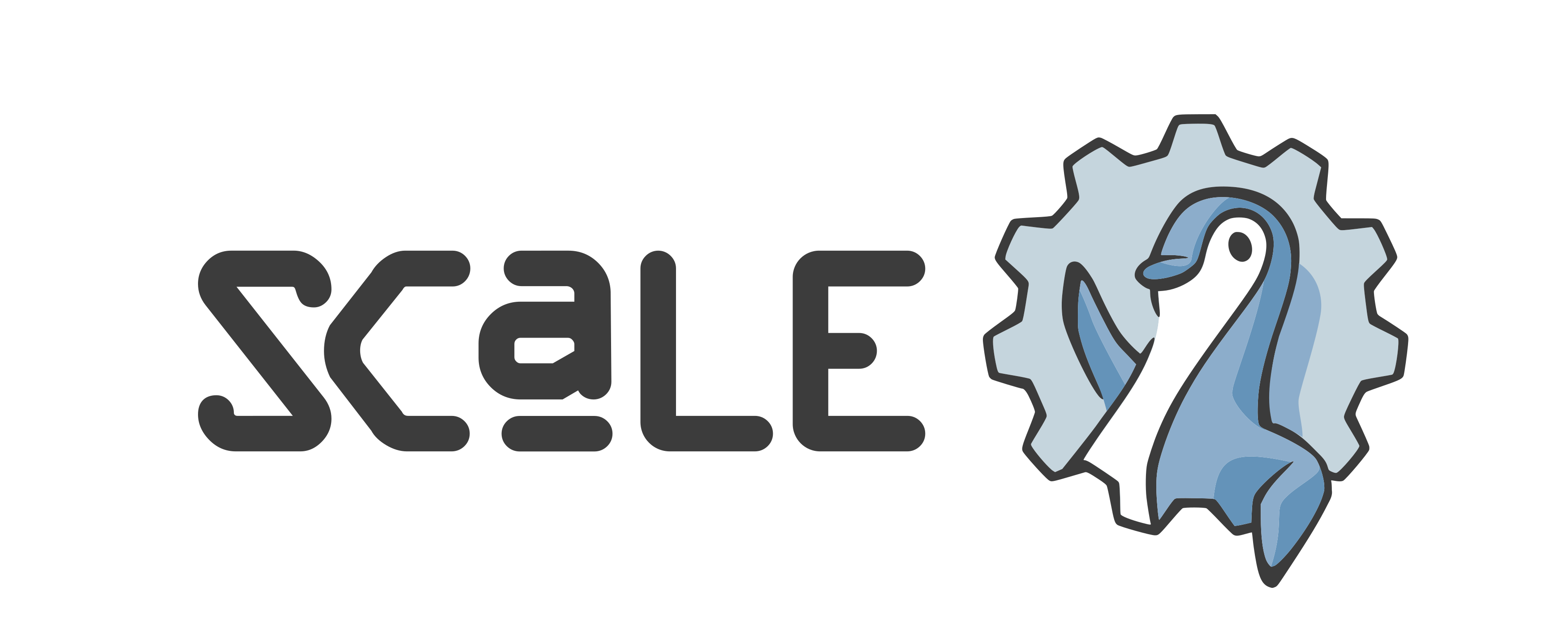The OSPO POV—3 experience levels, 1 panel



Open Source Program Offices (OSPOs) are popping up everywhere, not just in corporations but now in universities, research institutions, NGOs, public government, and international organizations. In this panel hear from OSPO leaders who are beginning their journey, from ones who are some years into it, and others who have been through this once or thrice.
This rise in OSPOs is directly tied to a rise in policy interest from national institutions such as the US National Science Foundation (NSF) and the Cybersecurity and Infrastructure Security Agency (CISA), and international organizations like the United Nations (UN). These groups have tied funding to these policy initiatives, giving those doing the research or creating the associated businesses an incentive to organize around and understand this Open Source thing.
With an organization-specific mandate, OSPOs cover a range of duties for their sponsoring organization or institution, such as: Open Source software (OSS) supplychain into any products, OSS consumption, OSS participation and collaboration including joining or creating OSS projects, user community experience, developer community experience, external partnerships/collaborations via the Open Source ecosystem, community development as a form of business development, events and attendance, and marketing of all kinds. OSPOs interact and consult with all levels across the organization, supporting the proper use and practices around Open Source. Community management and developer advocate functions often work from OSPOs that have an externally facing mandate.
